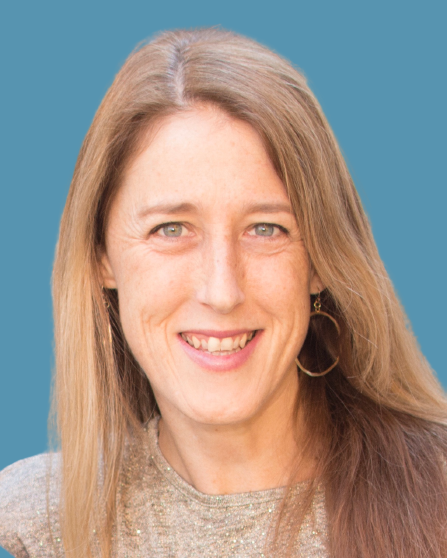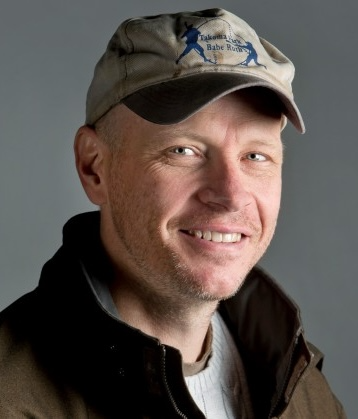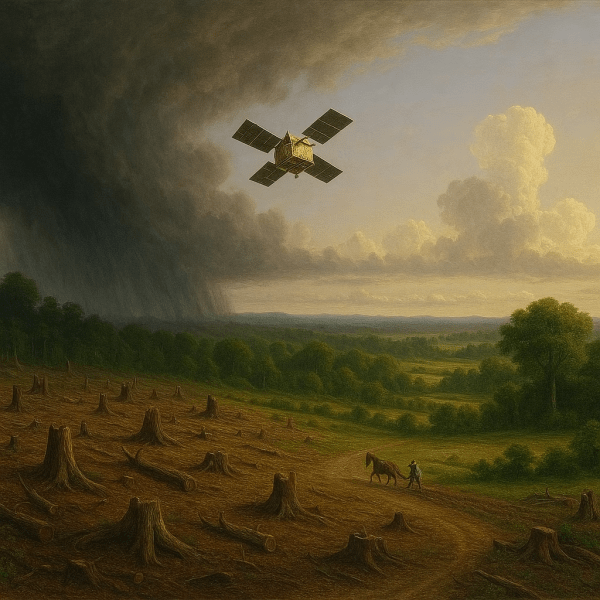UMD Researchers Among First to Receive $45M to Decode the Global Carbon Cycle
Two UMD-led projects will use advanced modeling, remote sensing and forest monitoring to reduce uncertainty in carbon flux estimates and improve understanding of land-based climate impacts.
Four teams of scientists will receive up to $45 million over five years to advance understanding of the global carbon cycle driving climate change. The teams are the first to be funded through Schmidt Sciences’ Virtual Institute for the Carbon Cycle (VICC).
Two of the selected projects include faculty from UMD’s Department of Geographical Sciences. The Combining Land-Use, Modeling and Remote-Sensing To Transform Carbon Budgets (CLARiTy) project, which aims to transform carbon budget estimates through improved land-use data, modeling, and remote sensing, is co-led by Associate Research Professor Louise Chini, Professor Stephen Sitch of the University of Exeter, and Professor Julia Pongratz of LMU Munich. UMD co-investigators include George Hurtt, Lei Ma and Ben Poulter. The Congo Basin Carbon Flux Experiment (Congo-FLEX), with Professor Matthew Hansen, focuses on measuring carbon flux in the Congo Basin.
“We are just starting to understand the true extent of humankind’s effect on the intricately woven systems of land, sea and air,” said Wendy Schmidt, co-founder of Schmidt Sciences. “The Virtual Institute for the Carbon Cycle will offer us not only clarity but also the information we need to make wise decisions along the way toward a healthier, more resilient and more secure world and future for all.”
Although climate forecasting has made major strides, big uncertainties remain about how carbon cycles through the atmosphere, oceans, soil and vegetation. VICC aims to close those gaps by improving the accuracy of global carbon data and models.
 Associate Research Professor Louise Chini
Associate Research Professor Louise Chini
For UMD, the new funding builds on more than a decade of work contributing to Global Carbon Budget reports, an international effort to assess worldwide carbon emissions and storage each year. “This is a great opportunity for us to improve our ability to quantify global and national carbon fluxes associated with the land,” Chini said. “This VICC funding from Schmidt Sciences will enable us to dedicate time and resources to leverage those existing collaborations to significantly reduce uncertainty and increase accuracy in estimates of land-based carbon fluxes.”
The department’s team will develop new global land-use datasets that combine remote sensing and high-resolution spatial data, refine vegetation models to estimate carbon emissions from land-use change and carbon uptake and help design model experiments aimed at improving consistency in the Global Carbon Budget’s annual assessments.
"This award is transformative and will dramatically accelerate the application of the two core models developed in our lab, the Global Land Use Model and the Ecosystem Demography model, linked with advances in remote sensing, to help reduce key uncertainties in the global carbon cycle past-present- and future," said Professor Hurtt, principal investigator of the Global Ecology Lab.
 ProfessorMatt Hansen
ProfessorMatt Hansen
In parallel, Hansen’s team will work with the Congo-FLEX project, applying decades of forest monitoring experience in central Africa to measure how land-use change affects carbon emissions and storage. “Our mapping and monitoring of deforestation, forest degradation and land-use change will help reduce uncertainties around carbon emissions from land use in the Congo Basin,” Hansen said. “It’s an exciting collaboration that connects atmospheric science, land monitoring and carbon modeling.”
The four teams of international university researchers will collect high-resolution data needed to generate climate projections and, ultimately, inform the most significant decisions facing the planet: how to ensure a sustainable future. They will leverage AI and machine learning to develop new observations and model products.
“We know that human activity is driving the carbon emissions that warm our planet – but we don’t yet understand precisely how the Earth is storing and cycling those emissions,” said Lexa Skrivanek, Schmidt Sciences project scientist and director of VICC. “VICC’s research will give us the clarity we need to inform effective climate policy and solutions – not just over the next decades, but for centuries to come.”
Launched in 2024, VICC’s first open call drew more than 170 submissions. Another call is planned for next year with a focus on wetlands, soil, carbon, new instruments and modeling innovations.
Main image: Screenshot of the Virtual Institute for the Carbon Cycle (VICC) website focusing on the Combining Land-Use, Modeling and Remote-Sensing To Transform Carbon Budgets (CLARiTy) project.
Published on Tue, 10/21/2025 - 11:37


